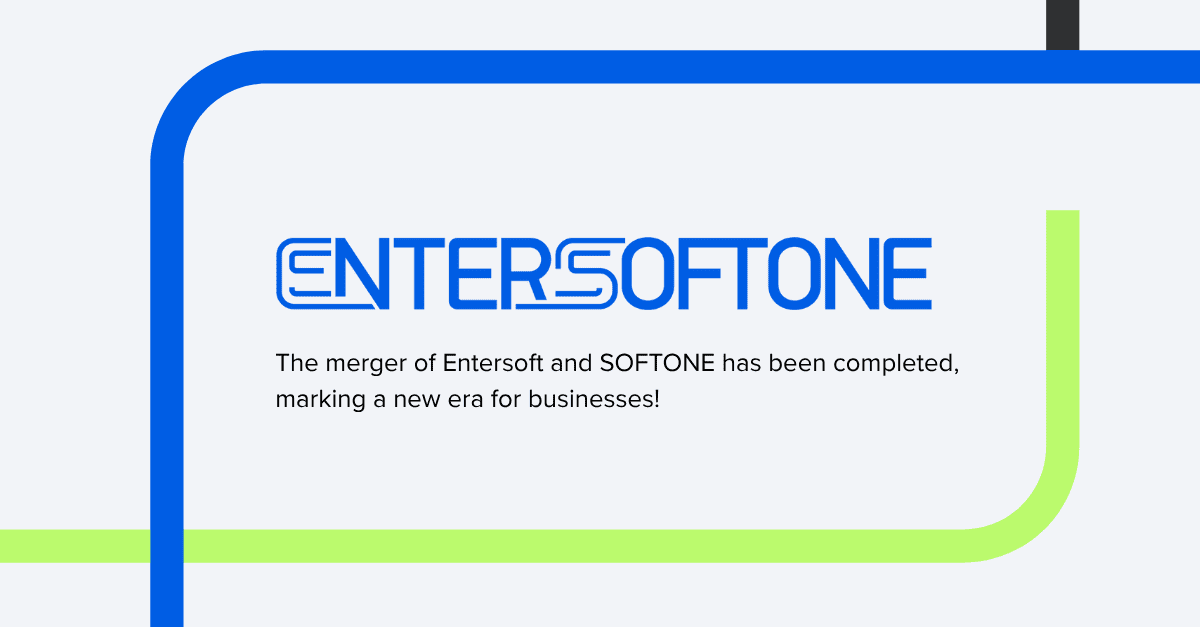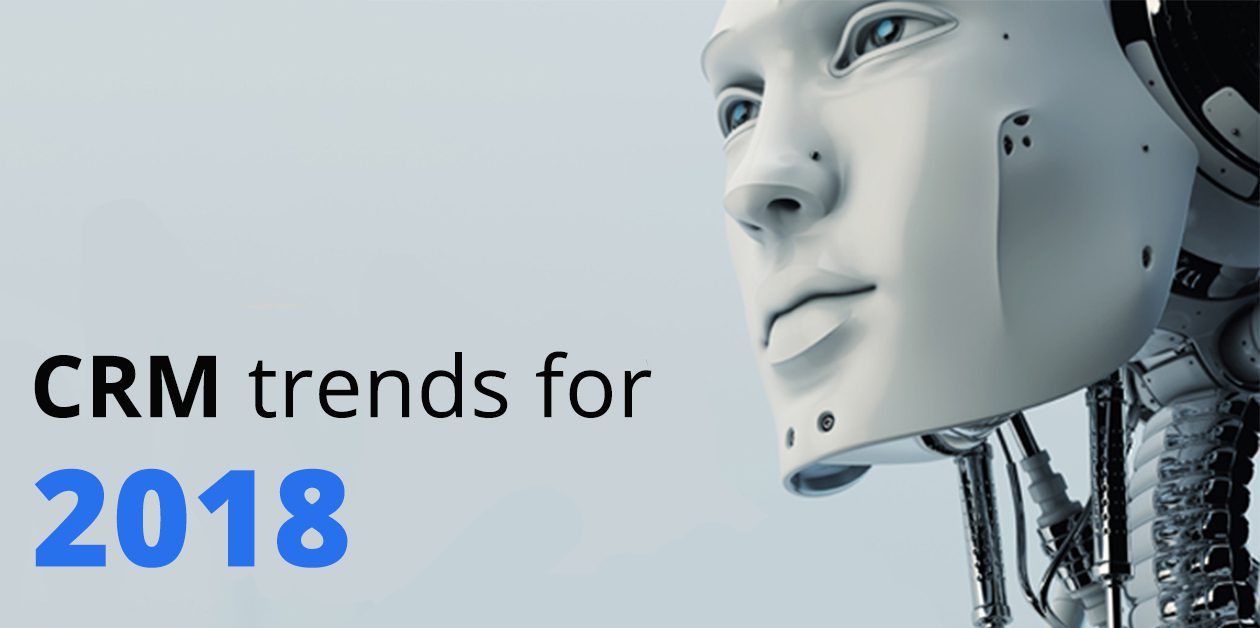Share
Read also

News & Events
ENTERSOFTONE: The merger of Entersoft and SOFTONE has been completed, creating the largest provider of business software products and services in Greece and Southeast Europe.

Mobility
Outlook for the BYOD and EM market from 2025 to 2035

Cloud
The Cloud CRM market will see impressive growth by 2033

Mobility
Key trends in Sales Force Automation
Undoubtedly, the future holds significant developments in CRM technology. Future CRM systems will have to combine information from different, yet often associated, sources. Below, you can find out more about certain upcoming innovations that will help your business respond to the current market needs.
Workflows in the AI era
No modern, dynamic business can rely on ineffective and outdated processes. So, in the near future, CRM systems will begin readjusting workflows automatically to enhance effectiveness. For example, after learning some repeated patterns, CRM systems will upgrade the existing processes, with the help of artificial intelligence, in order to minimize manually executed tasks, by creating automated actions or readjusting the user interface to match the users’ specific needs.
Automated data import
Automation at its best! CRM systems will now handle all repeated actions, so that businesses can focus on more important issues, such as strategy and sales. In 2018, CRM technology will move from managing to building customer relations. Practically, CRM systems will fill out the required data fields with the available demographics and other information, offering users the functionality they need not only to manage, but also to build long-term relations with their customers.
In the past few years, CRM solution providers have been gradually eliminating repeated tasks, thus making it easier for users to focus on the insights integrated in CRM data. It is in this area that artificial intelligence will be useful, by eliminating blind spots in sales processes, generating new insights and leading sales personnel to improve their efficiency.
The “personal” element
CRM solution developers and providers are always striving to offer even better personalization, so that businesses can improve their customer experience. In fact, this personalization can reach the point where landing pages are created dynamically for each contact, and customers communicate with brands and not with different business departments.
So, instead of customers being restricted by the abilities of employees, system limitations and so on, new CRM technologies will adjust the brand experience to each customer’s needs. This means that customers will no longer have to go through endless screens and notifications in order to get what they want. At the same time, employees will be able to provide quick and optimal service, regardless of what it is that the customer is looking for: sales, services or marketing.
An IoT world
CRM systems are gradually expected to integrate even more effectively with inputs from wearables, cars, mobile phones and home appliances, offering customers a more comprehensive view.
If done properly, the integration of IoT data with the processes related to sales, marketing, delivery and service will offer significant opportunities to personalize individual customer experience. Connected devices and IoT are bound to get the important place they deserve, providing a more accurate understanding of customers than what communication could offer.







